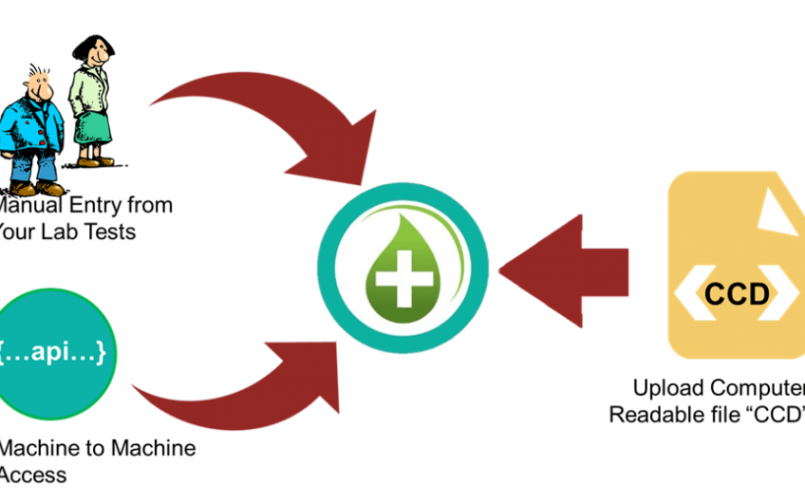
Healthcare Interoperability Is Not A Technical Issue
For true interoperability, the flow of data needs to be bi-directional and unrestricted within a secure environment. We need to eliminate friction, and make information simple to understand, easy to use and helpful to every person out there, regardless of their ability or resources.
This is how we define interoperability at ZibdyHealth.
It is also CRITICALLY important for lowering the cost of healthcare. If we want to break away from our current healthcare model of providing care only to those who are sick, so that we can deliver true health and wellness care, we need to support our primary care systems to prevent sickness. New low-cost rapid fix options are appearing daily, such as the walk-in clinics of CVS, Walmart, Walgreens and new venture capitalist supported companies. However, while providing better access, these options further fragment the care and the monitoring of our population. Similarly, online services are being developed to provide care and guidance for particular situations. Yet these are also additional chefs in the kitchen. For all these services to work and be effective, we need unrestricted complete data flow between all providers and services, with the patient as the gatekeeper and central point of their data distribution.
Until now, there has been mainly finger pointing – who is at fault? And what should be done to fix this problem? There is an entire cottage industry built among media channels to write and discuss lack of interoperability. It is rare that someone proposes a novel and realistic option to address this challenge in healthcare.
When someone has a hammer in their hand, everything looks like a nail. Our policy makers, technical organizations and the stake holders of healthcare often blame it on the lack of technical standards, or technology, for this failure. Let’s stop telling people that interoperability is a technical challenge, and that all would be resolved if we had universal technically sound standards. It won’t.
The Office of the National Coordinator for Health Information Technology has wasted billions of tax payer dollars experimenting with different approaches, with little to show. They have given away billions of dollars to facilitate the adoption of EMRs and formation of Health Information Exchanges (HIE) without linking them with interoperability in a clear and enforceable way.
We see this differently. To us, interoperability is not a technical issue.
Smart people have solved some of mankind’s greatest challenges– putting a man on the moon, exploring the depths of our oceans. Then why after spending tens of billions of dollars on health IT do we still struggle with clinical data interoperability? What is the real obstacle for interoperability? It is the business of healthcare, not health technology.
If a small company like ours with limited resources can make great progress to consolidate and harmonize clinical data from any source, then companies signing multi-billion-dollar deals can certainly do this. The healthcare executives who shell out sometimes more than a billion dollars to implement an electronic medical record (EMR) for large hospital systems are not naïve. They are some of the sharpest business minds in healthcare. If a billion+ dollar customer asked their vendor to make sure their software works with local/national health information exchanges (HIE) in order to complete the sale, would the vendor refuse? We don’t think so either.
Who is the single biggest payer in healthcare in the USA? The Centers for Medicare & Medicaid Services (CMS) is the single largest payer for health care in the United States. Nearly 90 million Americans rely on health care benefits through Medicare, Medicaid, and the State Children’s Health Insurance Program (SCHIP), and without it many hospitals won’t be able to compete. This is the leverage we the taxpayers should use. Let’s not tell healthcare organizations about how to run their business – but address this challenge with a free market solution.
Solution: A simpler and cheaper approach is to build a national HIE with preferred standards; policymakers and HIT organizations should ask healthcare providers (hospitals) and HIT vendors to make sure a patient’s data is available on this HIE – and provided to the patient before they can send the bill to CMS (Medicare) to get paid for their work. Providers and vendors will map everything faster than you realize. This is a market-based solution which is easy and effective to implement.